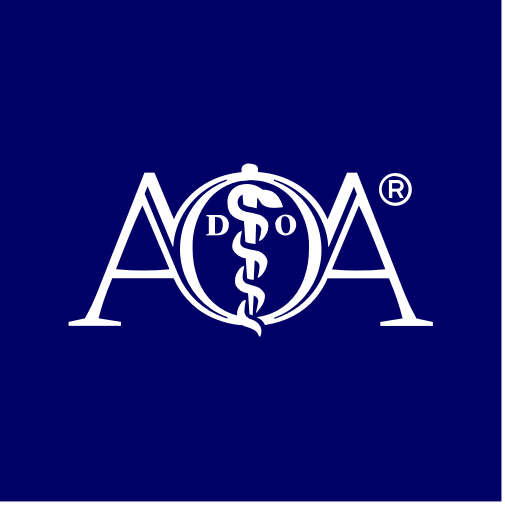
COURSE CREDITS & HOURS
16 AMA PRA Category 1 Credits™16 ACPE Credits
16.0 Contact Hours
1 Hour of Pharmacology for Nurse Practitioners
COURSE FEES
TARGET AUDIENCE
PROGRAM PURPOSE
- Premenstrual syndrome (PMS) - How can I help my Patients?
- Describe the pathogenesis and the diagnostic process in PMS
- Describe the natural history and prognosis of PMS
- Discuss the evidence for current treatment of PMS
- Apply the latest recommendations how to manage effectively PMS.
- High Risk Pregnancy: Doctor - what about my future health?
- To discuss recent recommendations for follow up and intervention in women who had high-risk pregnancy conditions in their past pregnancies such as: preeclampsia /eclampsia, fetal intra uterine growth restriction and gestational diabetes
- The participants will be able to detect the long term consequences of these high risk pregnancy conditions
- The participants will be able describe possible future health problems of the offspring of these high-risk pregnancy mothers in accord with barker hypothesis
- The participants will be able to assess the importance of continuous blood pressure measurements, glucose and lipid profile levels, weight reduction programs when appropriate according to the specific high-risk pregnancy.
- Diabetes in pregnant women and beyond
- Differentiate the different types of diabetes during pregnancy.
- Discuss the latest evidence-based recommendations of the medical measures to be taken before pregnancy in a known diabetic patient.
- Apply the appropriate management of diabetes during pregnancy, delivery and post-partum.
- Discuss different management options in gestational diabetes and pre-gestational diabetes.
- Apply evidence-based treatment options using the latest technological advances of insulin pumps and continuous glucose sensors when appropriate.
- Infertility - Basic evaluation of the couple
- Describe the basic diagnostic steps and treatment options of infertile patients
- Discuss the preliminary evaluation needed in both male female and unexplained infertility
- Apply an up to date methodological and structured evaluation using the different fertility tests and treatment options according to the medical finding presented
- Explain infertility patients the cause of their problem and help them in the decision-making process of how to reach their goal of having a baby
- Sexual problems - How can I help my patients?
- Differentiate various common causes of both female and male sexual problems
- Discuss the latest recommendations for treating sexual dysfunction
- Apply a structured comfortable evaluation of the sexual dysfunction
- Determine when to refer the patient for further evaluation and treatment by a Psychological therapist or Sexologist
- Chronic pelvic pain - A practical approach
- Discuss recent recommendations of the evaluation of chronic pelvic pain
- Apply evaluation plan in a methodological manner
- Assess female chronic pelvic pain through both noninvasive and invasive diagnostic procedures
- Describe and apply the appropriate therapy needed according to the diagnosis
- Examination and treatment of common vulvar and vaginal infections
- Differentiate between Bacterial vaginosis, Yeast infections and trichomonas vaginalis.
- Discuss diagnosis and management of common vulvovaginal infections
- Describe the diagnostic office tests for differentiating these infections through few simple tests performed
- Apply effective treatment for these common vaginal and vulvar pathological conditions
- Women's Cardiovascular Problems How can I help my patients?
- Discuss recent recommendations of the evaluation of women's cardiovascular problems
- Apply evaluation plan in a methodological manner
- Promote female cardiovascular health though preventive measures and noninvasive and invasive diagnostic procedures
- Describe and apply the appropriate therapy needed according to the diagnosis
- Update in Communication Skills for Clinicians
- Describe three new communication tools used when interviewing patients.
- Associate nonverbal cues to their meaning.
- Advanced Communication Skills
- Apply three tools used for communicating topics that may be sensitive.
- Recognize communication barriers and employ techniques to improve connection.
- Breaking Bad News
- Demonstrate a six step communication tool used to deliver bad news.
- Intimate Partner Violence and Human Sex Trafficking
- Identify signs of Intimate Partner Violence and Human Sex Trafficking
- Apply communication tools to enhance victim disclosure
- Motivational Interviewing and the Science of Behavior Change
- Demonstrate communication techniques used in Motivational Interviewing.
- Apply new research techniques in Behavioral Science.
- The Neuroscience of Anger and the Angry Patient Encounter
- Describe 3 concepts in the neuroscience of anger.
- Demonstrate the use of a communication tool to mitigate anger in others
- Navigating Difficult Conversations
- Identify tools that may enhance resilience when conversations stressful.
Manage conversations when they become uncomfortable or difficult for oneself or others.
















































